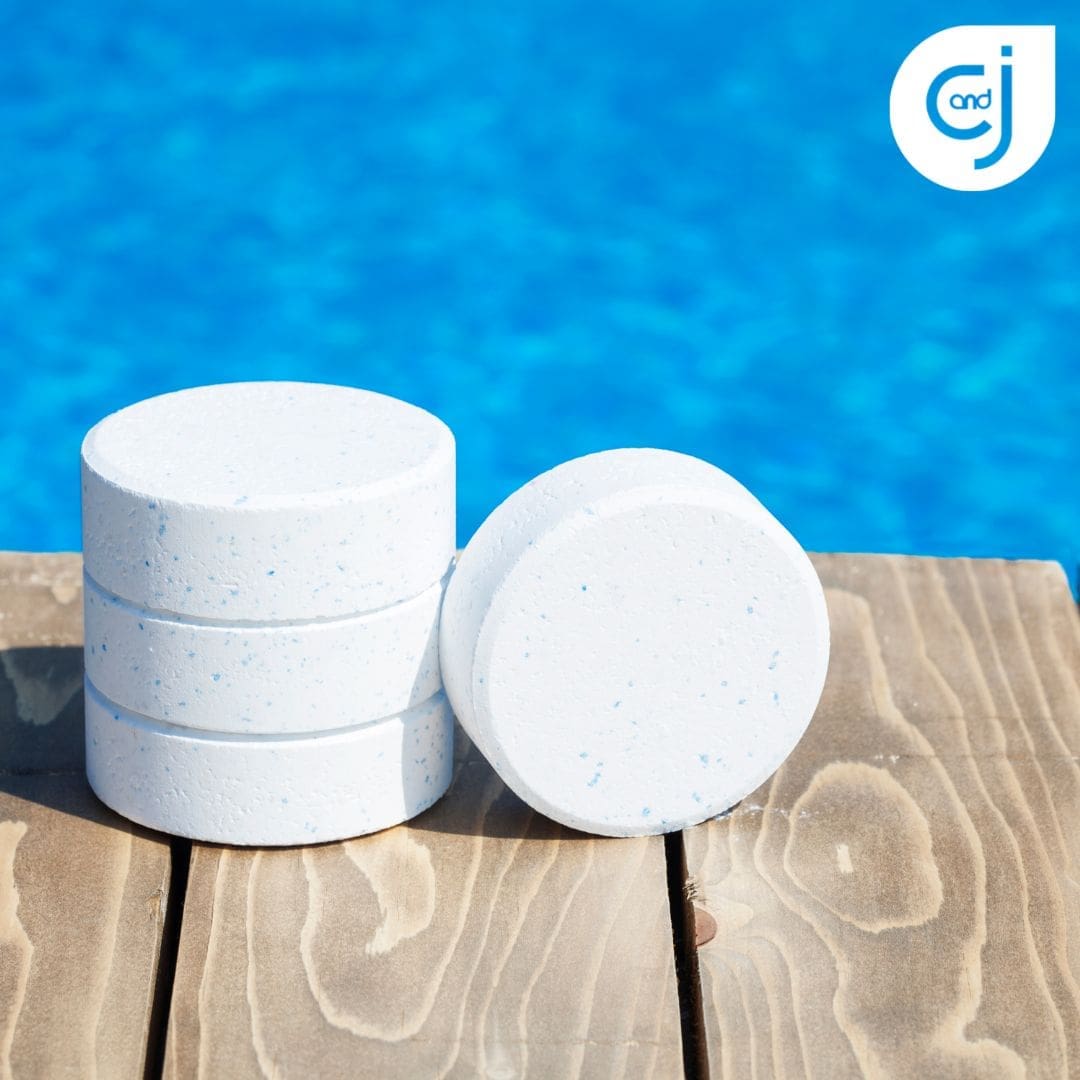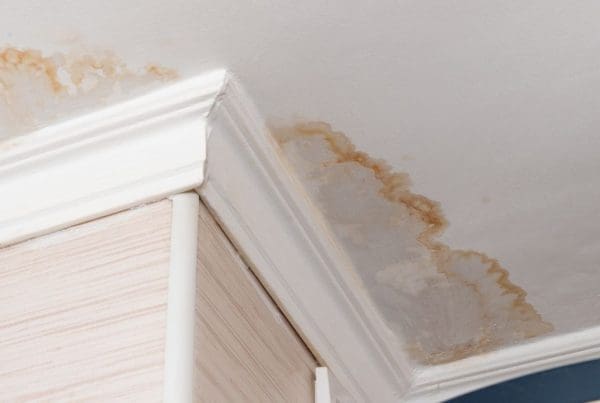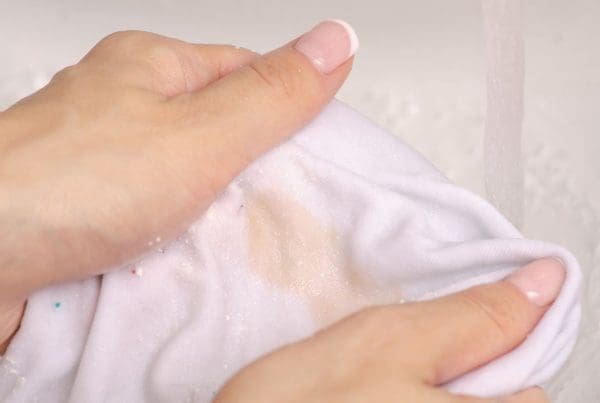In an ideal situation, turning on any faucet in your home should provide you with water that smells and tastes fresh. Unfortunately, that’s not always the case.
It can be quite jarring to be met with an unpleasant smell when you start filling your coffee pot from the tap or turn on your shower to get ready for the day. Understandably, nobody expects to be confronted with a grotesque scent when using what ordinarily smells like nothing.
Worrying is normal when you notice excessive water odor from your faucets, especially if you’ve been using and drinking your tap water for ages without any problems.
Don’t panic, though. Several reasons your water might not smell very good, even if this is the first time you’ve noticed the problem.
Read on to learn about the potential causes of water odor, where the smell might have come from, and how to eliminate foul smells from your water supply.
1- Presence of Hydrogen Sulfide
If your water has a sulfuric smell (similar to a rotten egg smell), you’re dealing with naturally occurring bacteria in your water. It wouldn’t smell, but if it passes through your water heater, it might react with magnesium or aluminum rods in the tank. Hydrogen sulfide is responsible for the rotten egg smell coming from your water.
2- Foul Pipes and Drains
Water with a sewer smell is usually due to bacterial residue in your fixtures. Though this smell can be very concerning, it most times won’t be due to actual contamination from raw sewage. This bacteria is usually produced by rotting food particles, leftover soap or shampoo, or even lost hair collecting in the drain.
When debris in the drain begins to rot, it can produce a foul-smelling gas, which builds up in your pipes. When you use your water faucets, the gas can be pushed up through the drains or the water pipes.
Run a simple test to determine whether the smell comes from the water or pipes. Fill a glass of water from the tap where you discovered the smell, then take the glass with you to another room. If you notice no scent, the odor is coming from somewhere else.

3- Excess Chlorine
If you notice a strong smell that reminds you of chemical cleaning agents (like bleach), you probably have too much chlorine in your water. Public water supplies are often chlorinated to disinfect the water so that consumers can safely use or consume it. Chlorine is highly effective in killing parasites and bacteria, which is why this chemical is often used in swimming pools.
Though there is only a small amount of chlorine in public water, the smell it puts off can be very strong. According to the EPA, the chlorine content in public water is limited to 4 mg/L or less; however, humans can smell chlorine in only one mg/L.
4- Barium, Cadmium, or Chloramine
Water that smells like fish is likely because it contains algae or a combination of barium, cadmium, and chloramine. Barium and cadmium are metals, and chloramine is a type of disinfectant.
Barium can find its way into water sources by slowly leaking into water pipes if the mineral ore that produces this chemical is near enough to the water system.
Cadmium can seep into pipes if the fertilizers and industrial waste products that produce it contaminate the soil close to a water source.
Finally, chloramine can be produced in water if the source contains enough ammonia to react with the chlorine added to the water for disinfection.
In high enough concentrations, these chemicals can be dangerous to human health. On the other hand, algae content is usually not a health hazard if it ends up in your water.
5- Organic Pollution
In other situations, musty, moldy, or mildewy smells in your water result from organic pollution. This pollution can have a couple of causes and sources, but the smell can usually be resolved by thoroughly cleaning your faucets, drains, and the rest of your plumbing system.
Sources of Water Odor
It can be difficult to pinpoint exactly where your water is picking up a foul smell, but you can do a few things to narrow down the possible source of your water odor.
Excessive water odor can come from the following places along the journey your water takes to move from its source to your faucet.
- Pipes & Supply Lines: chemical contamination, chemical reactions in pipes
- Faucets & Fixtures: bacterial buildup
- Drains: debris and bacteria buildup
- Water Heater: bacterial buildup or chemical reactions with the heating element
- Ground Water: chemical contamination, chlorination, algae from reservoirs, mineral content
If only a few faucets in your home produce a foul smell and the water odor fades away after a few minutes of use, the smell is probably coming from the faucet itself or the pipes that supply water directly to that line.
If the smell comes from all of your faucets but goes away after running the water for a few minutes, the source of the odor is likely the plumbing system rather than the faucets or pipes in your home.
If the smell comes from all of your faucets and doesn’t go away no matter how long you’re running your water, determine whether the hot water smells or both the hot and cold water smells. Foul smells that only affect the hot water supply come from the water heater tank, and bad smells from hot and cold water can come from either the water source, the plumbing system, or both.
Finding the Cause of Water Odor
Turning on a faucet in your home and noticing a foul smell can be quite concerning. Understandably, nobody wants to use or drink water that might contain an odor-producing contaminant.
Determining the type of smell your water produces and troubleshooting to find a potential source of the smell is only part of the solution. Awareness of what’s happening isn’t solving the problem, but it can help point you in the right direction.
To save time and money, do what you can to clean your drains and faucets before taking your next step. If you’ve cleaned as much of your plumbing system as possible and the smell persists, it’s time to move beyond DIY solutions.
After you’ve done everything you can on your own, it’s in your best interest to contact a water treatment specialist. A plumbing professional can visit your home, examine your plumbing system, and perform water testing to find a definitive cause for the smell.
Water testing is usually necessary for these situations, as it provides you and the treatment professional with clear answers regarding what’s making your water smell so foul. In addition to determining the cause of the smell, water testing can also determine whether the smell has rendered your water unsafe to use or drink.
Solutions for Water Odor
After a specialist examines your system and tests your water, he or she can provide you with clear answers regarding the cause of the odor. Depending on the testing and evaluation results, one of several solutions might be appropriate.
For example, a reverse osmosis system might be recommended to filter out organic and inorganic compounds in your water.
A chlorine removal system might be the best bet if the cause of your excessive water odor stems from its chlorine content.
A bacteria removal system might be worth considering if your water smells bad because it contains odor-producing bacteria.
Finally, a water softener might be beneficial if your water produces a foul smell due to its mineral contents reacting with other chemical components.
The best way to know how to get rid of water odors is to work with a water treatment specialist. By having a thorough evaluation performed at your home, the technician can determine whether your water is still safe to use. If the odor source is hazardous, a specialist can provide you with the best possible steps to take to remedy the situation.
Additionally, a water treatment specialist can install your treatment system and ensure that everything works as it should. This way, you can keep yourself and your family safe by providing them with high-quality, professionally treated water.
If your water produces an odor and you’re looking for answers, contact C and J Water immediately. Our water treatment specialists will get to the bottom of what’s causing your water to produce the odor you’re noticing. After diagnosing the issue, we’ll provide you with a solution that will remedy the problem in no time.




